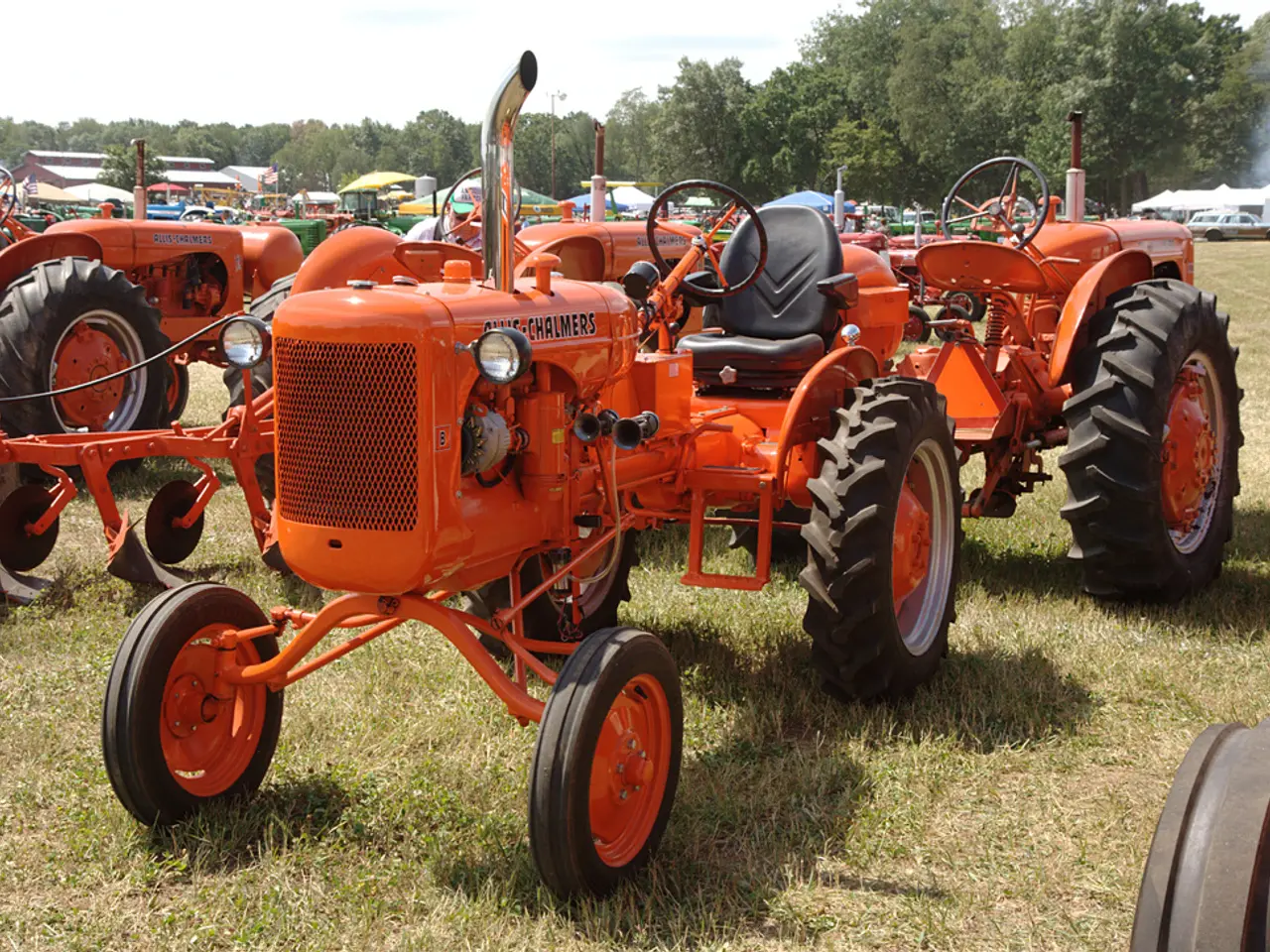Citizen empowerment proclaimed!
In a bid to address Ireland's hindrance in achieving green progress, particularly in the construction sector, community-led models for stewardship and governance in European housing have emerged as promising solutions. These innovative approaches, rooted in resident empowerment, collective ownership, and participatory governance, are proving to be not only viable at scale but essential for equitable and resilient urban futures.
Prominent among these models are Community Land Trusts (CLTs), housing cooperatives, cohousing, and urban co-governance based on the commons. Each model offers distinct advantages, and their combined use amplifies their impact.
CLTs, for instance, remove land from the speculative market, ensuring long-term affordability and preventing displacement. Housing cooperatives return decision-making power to residents, replacing landlordism with collective self-management. Cohousing fosters social connections, while urban co-governance enables residents to collectively manage and steward urban assets.
These models contribute significantly to equity and resilience. By democratizing housing, they reduce dependency on profit-driven landlords and speculative markets, preventing gentrification and displacement. They also build social capital and trust, creating networks that can respond to crises and foster mutual aid.
Moreover, these models can drive the transition to green, resilient cities, embedding climate adaptation funding, energy efficiency, and reinvestment mechanisms into their governance structures.
The most resilient and equitable outcomes arise when these models are integrated, offering holistic solutions to affordability, ageing, climate resilience, and social isolation. The Community Land Trust Network, in partnership with Dark Matter Labs and the European Community Land Trust Network, has conducted research on five case studies in the UK where communities manage large-scale housing developments.
However, the labour government has yet to establish concrete plans to address 'fleecehold' charges and unfair maintenance costs, a common issue in the private management of new-build estates in Ireland. Nevertheless, the research suggests that people living in and around new housing estates should be included in conversations about their maintenance and management.
The success of these models depends on supportive policy frameworks, access to land and finance, and a commitment to genuine resident participation at every stage of development and management. The Community Land Trust movement is developing these models at some scale in France and Belgium, and aims to explore their application in other parts of the continent.
In conclusion, these community-led models offer a democratic, not-for-profit alternative for maintaining facilities in housing developments, and their integration presents a scalable alternative to conventional speculative development. The research is timely and informs the new European Affordable Housing Plan with practical proposals for how policymakers can embed effective governance that delivers equity and resilience into large-scale housing programs.
- Community Land Trusts (CLTs) are promising solutions, as they remove land from the speculative market, ensuring long-term affordability and preventing displacement.
- Housing cooperatives return decision-making power to residents, replacing landlordism with collective self-management.
- Cohousing fosters social connections, creating networks that can respond to crises and foster mutual aid.
- Urban co-governance enables residents to collectively manage and steward urban assets, contributing significantly to equity and resilience.
- The research suggests that people living in housing developments should be included in conversations about their maintenance and management, addressing issues like 'fleecehold' charges and unfair maintenance costs.
- The success of these models depends on supportive policy frameworks, access to land and finance, and a commitment to genuine resident participation at every stage of development and management.
- The Community Land Trust movement aims to explore the application of these models in other parts of the continent, informing the new European Affordable Housing Plan with practical proposals for embeddable governance that delivers equity and resilience in large-scale housing programs.




